HOURS Act first in series of similar legislation to gain ATA stamp of approval
Finally. Legislation the American Trucking Association can get behind.
The Honest Operators Undertake Road Safety Act (HOURS Act, H.R. 6178), the first Electronic Logging Device Mandate hours reform bill to be supported by the ATA, could herald changes to hours of service regulations for some sectors of the trucking industry, and grant the Federal Motor Carrier Safety Administration permission to forge ahead with rules affording drivers more split sleeper berth options.
The HOURS Act would also limit how many supporting documents drivers must manage under the ELD mandate.
“Those who carry the goods and agriculture products we rely on every day should not be hindered by nonsensical regulations. The HOURS Act seeks narrow relief from requirements that have rendered our drivers’ operations less efficient. ”
Although many similar bills have been filed recently regarding the same issues, this one is different in that it has garnered ATA approval. ATA announced its support on Thursday, June 21, the same day its bipartisan authors, Reps. Rick Crawford (R-Arkansas), Sanford Bishop (D-Georgia), and Bruce Westerman (R-Arkansas), filed the bill in the U.S. House.
FMCSA explores options with its split sleeper berth pilot program
FMCSA wants to speed up the rulemaking process when it comes to split sleeper berth adaptability. Through a pilot program, the agency is currently studying the effects of allowing drivers more options when it comes to splitting up their off-duty sleeper berth time.
Last June, FMCSA introduced the idea for its pilot program which explored the idea of making more split sleeper berth options available for hours of service regulations.
Slated to begin this summer, this exploratory program will study the effects of alternative split sleeper berth options on drivers. Currently, as another option besides taking a straight 10-hour off-duty period, drivers can take an eight-hour sleeper berth break to divide up their 14-hour duty limit and 11-hour drive-time limit. When using this provision, drivers must choose either a two-hour off-duty or sleeper period after using up that day’s limits.
This study tried something a little different, seeking to ascertain what would happen if drivers were given additional sleeper berth options, like 5-5, 6-4, and 7-3, according to an overdriveonline.com article. FMCSA wants to find out how various options will affect their fatigue levels.
Should FMCSA find that offering flexibility with split sleeper berth options is indeed beneficial for drivers, the HOURS Act enables the agency to forego the advanced notice of proposed rulemaking stage and move right to proposing the rule and accepting public comments, according to an overdriveonline.com article.
HOURS Act targets additional areas
Similar to other, recently introduced bills, these legislators are seeking small changes for HOS reform, specifically when it comes to livestock and agriculture. The HOURS Act would render livestock and ag drivers totally exempt from HOS limits and records of duty status as long as they are working within a 150-air-mile radius of the source of the livestock or ag product.
This act means livestock and ag haulers wouldn’t be subject to harvesting and planting seasons ordained by states, which currently cap ag exemptions to short-haul guidelines.
In addition to keeping ELDs updated, drivers must also maintain at least eight supporting documents over their 24-hour work period to corroborate their electronic logs. The HOURS Act seeks to slash that number to two documents, one to confirm the beginning of their work hours and another to confirm the end.
“Our nation’s trucking industry is what connects our nation’s farms and ranches to consumers. Accordingly, I am pleased to be an original cosponsor of the HOURS Act, a bill that will provide much-needed relief to haulers of agricultural products and livestock, implement reasonable exceptions to the use of electronic logging devices (ELDs), and slash paperwork requirements for millions of U.S. truck drivers.”


